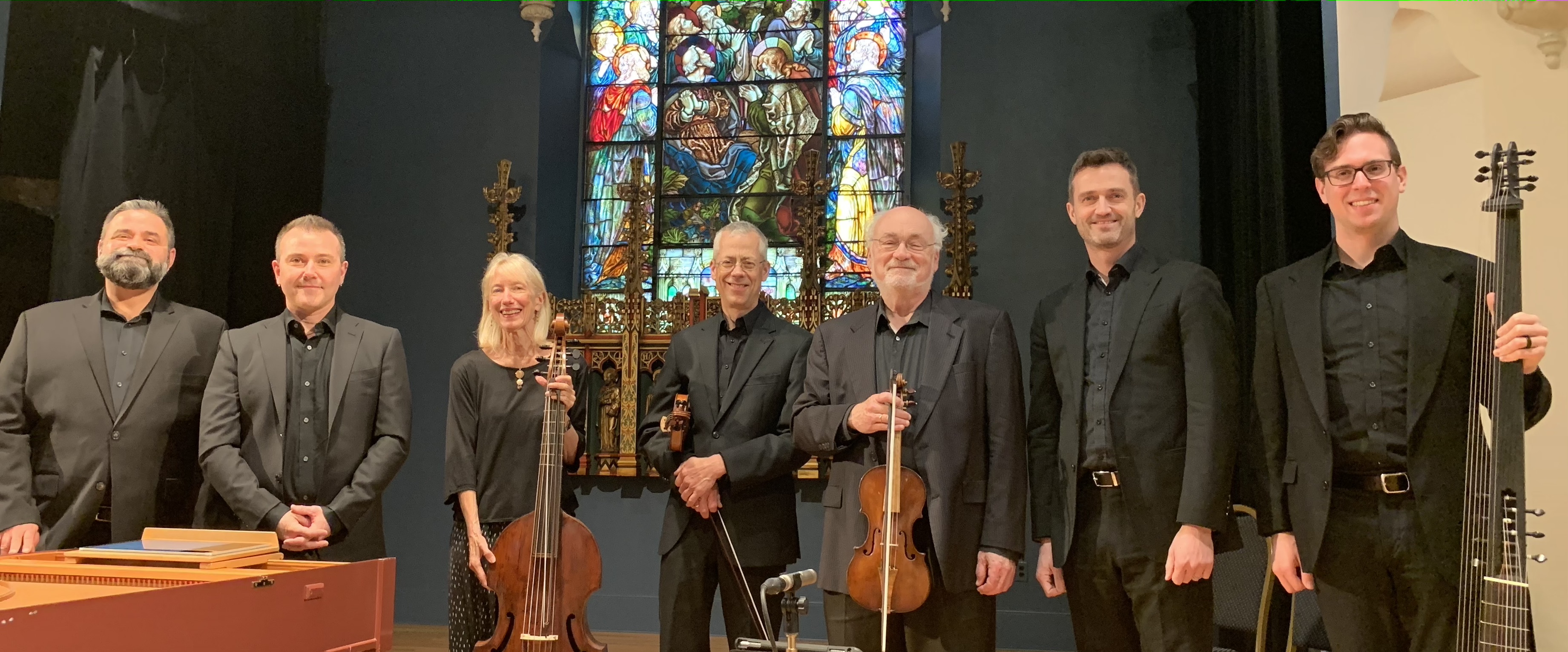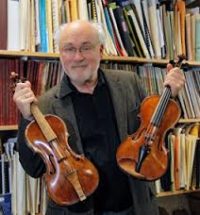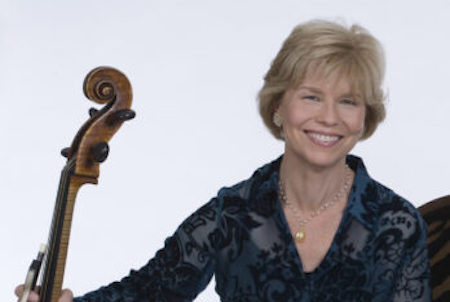How pleased we are with Leslie Gerber’s review of our “Wind Power” performance at Bard in Classical Scene!
July 7, 2015
“Wind Power” from Heaven
by Leslie Gerber
The third concert of Aston Magna’s 2015 season, heard on July 3rd at Bard College’s Olin Auditorium, concluded with one of the finest performances I’ve heard in years. Of anything.
Not that the first half had anything wrong with it, except the triviality of Boccherini’s music. In his pre-concert talk, Daniel Stepner described Boccherini’s Quartet in D Minor for oboe and strings, Op. 55, No. 6 as “pleasant wallpaper,” and it’s seldom much more than that. However, it had the benefit of Stephen Hammer’s exquisite playing (as usual) of the classical oboe, and the strings accompanied him very nicely.
Stepner (Aston Magna’s music director) and his crew had a great deal of fun with a series of seven duo arrangements of arias from Mozart’s Magic Flute. Published in 1792, these were credited to Mozart in the original edition, and I see no reason to doubt that attribution. They are ingenious and effective, clever and adept enough to be Mozart’s work. Since nine musicians were already on hand, each duo was performed by a different pairing. The cello and bass sounded a little silly but all the others made sense.
As a side note, years ago I learned an interesting way of judging whether music is by Mozart or not. My piano teacher for a decade, the late Piero Weiss, told me that the second movement coda of the Piano Sonata in F Major, K. 332, was probably not by Mozart. He had me play an inner voice passage from the coda without the other voices. It sounded awkward on its own, although it harmonized perfectly well with the other voices. Mozart, he told me, would never have written anything that sounded awkward even if you’d never hear it by itself. He got that insight about this particular piece from his chamber music teacher, Adolf Busch. Keeping that in mind I listened with special attention to the accompanying voices in the duos and they always sounded gracious.
The second half was occupied by Schubert’s Octet in F, D. 803. I’ve never heard a bad performance of this masterpiece, so I think anyone willing to learn and rehearse the full 65 minutes must really love it. But this version was something special, even aside from the wonderful sound of the period instruments. Throughout its heavenly length, the players’ concentration was consistently intense, their balance flawless. Beyond the technical successes, I heard expressive qualities that remained strong and convincing at every moment, always nuanced and convincing. A few inevitable horn clams did nothing to damage my admiration for Todd Williams’s playing of the natural horn. I’m also tempted to single out the great clarinetist Eric Hoeprich for special mention. But that wouldn’t be fair; it’s more appropriate to thank violinists Stepner and Julie Leven, violist David Miller, cellist Loretta O’Sullivan, bassist Anne Trout, and bassoonist Andrew Schwartz for their glorious combined efforts.
Leslie Gerber, who lives in Woodstock, New York, has been reviewing professionally since 1966, for such venues as Performance Today, Fanfare, and Amazon.com. He also publishes the Parnassus Records label.
Read this review at at the Classical Scene website.




